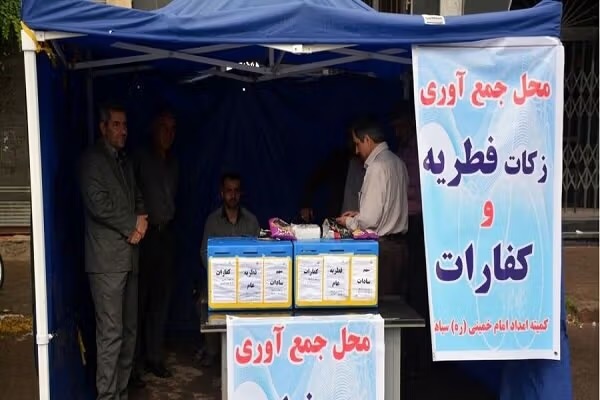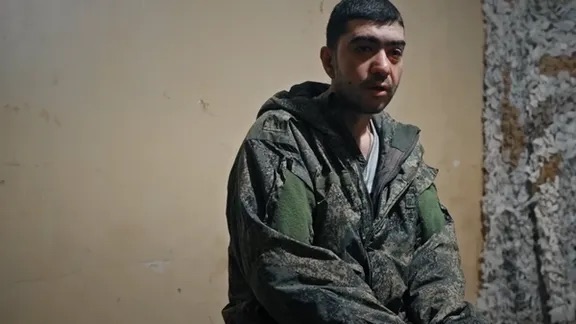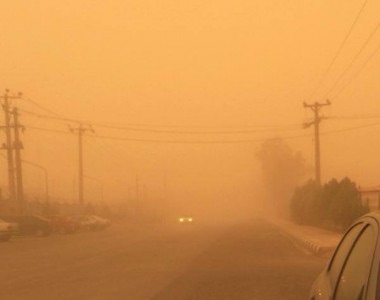
Iranian Government Sources Report a 60% Decline in Zakat al-Fitr Payments Over the Past 15 Years
Iranian government sources have reported that Zakat al-Fitr, or “Fitrieh” as it is commonly known, has decreased by approximately 60% over the past 15 years. Additionally, the number of people paying Zakat al-Fitr has dropped by half.
For the first time this year, the value of Zakat al-Fitr has been determined based on provinces rather than a uniform national rate.
Decline in Trust and Participation
In Shiite tradition, those who are financially capable (and do not receive charity or assistance from others) pay Zakat al-Fitr each year on Eid al-Fitr. In previous years, many believers would donate their Zakat al-Fitr to charity boxes placed at Eid prayer locations by the Relief Committee.
The total amount of Zakat al-Fitr collected in Iran serves as an indicator of public trust in the system. On one hand, it reflects the confidence of donors in the authorities managing the funds. On the other hand, it provides an estimate of the number of people willing to entrust their religious donations to the state.
A review of data since 2008 shows that in that year, approximately 13.415 million payments of Zakat al-Fitr were made. By 2024, this number had declined by 45%, dropping to around 7.377 million, meaning that the number of participants had nearly halved.
Moreover, when calculated at constant prices and adjusted for Iran’s official inflation rate, the total value of Zakat al-Fitr collected has decreased by 44%. If calculated based on the free-market exchange rate of the U.S. dollar, the decline is even more significant—76%.
The Creation of Local Zakat Councils
As donations to the Relief Committee declined, the government established a new system for collecting Zakat. Since 2011, “Zakat Councils” have been formed in each region of Iran, consisting of the local Friday prayer leader, representatives from the Relief Committee, and government officials.
These Zakat Councils hold exclusive authority over the collection of Zakat al-Fitr in their respective regions. They also operate on a local level, with each district-level council being chaired by the Friday prayer leader and representatives of the Relief Committee. These councils meet regularly to oversee the distribution and management of collected Zakat funds.


